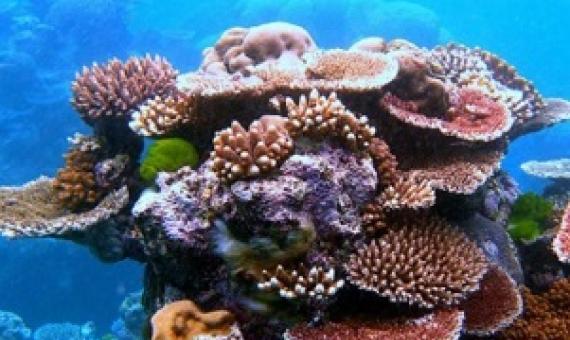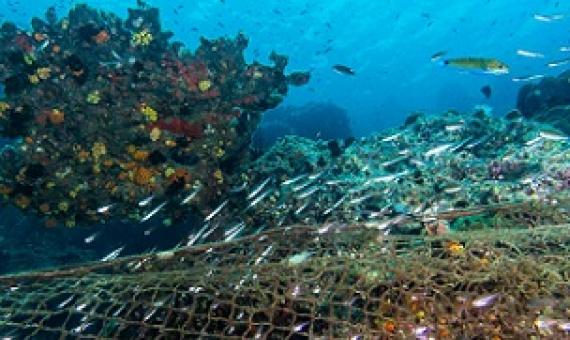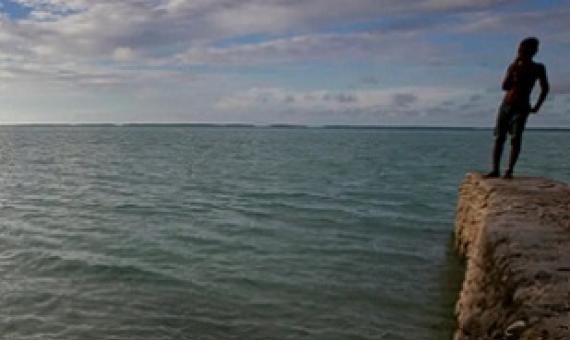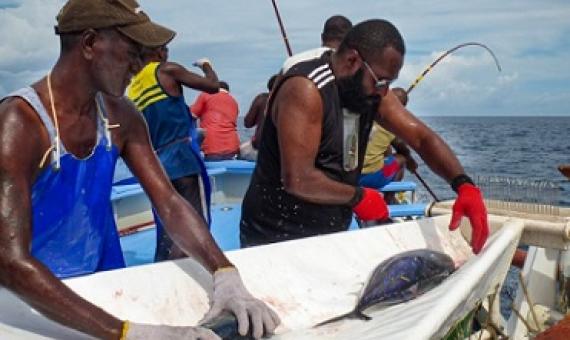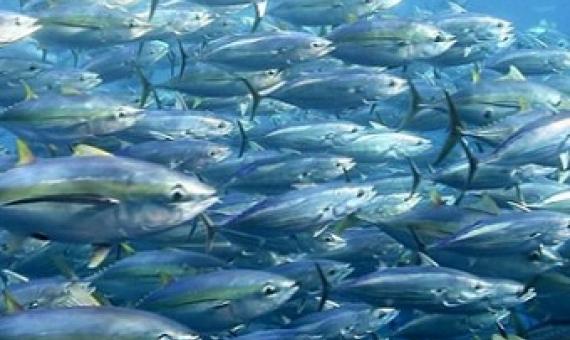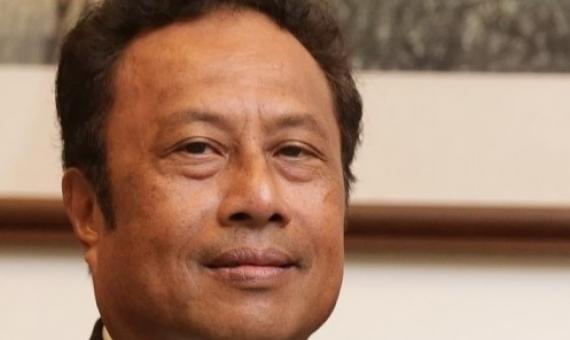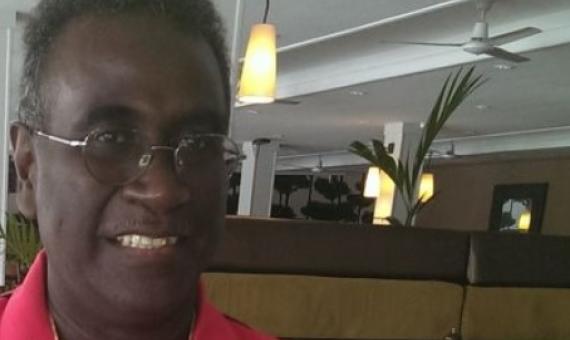The International Coral Reef Society’s Symposium will be held in Auckland in...mid-2025...The conference will bring together top scientists, environmental managers, conservationists, and others, giving an opportunity for New Zealand and Pacific experts to share insights with global coral ree
Serious offences are taking place on, in, or across the Pacific maritime domain that put at risk the political stability and economic interests of Pacific island states.
The idea of moving an entire population en masse is just one of several radical measures under consideration by the island populations most threatened by rising seas. The world’s only atoll nations—in the Pacific, Kiribati, Tuvalu, and the Marshall Islands; in the Indian Ocean, the Maldives—
Sinking Islands, Drowned Logic; Climate Change and Community-Based Adaptation Discourses in Solomon Islands
The saltwater people of Solomon Islands are often portrayed to be at the frontline of climate change. In media, policy, and development discourses, the erosion and abandonment of the small, man-made islands along the coast of Malaita is attributed to climate change induced sea-level rise. This paper investigates this sinking islands narrative, and argues that a narrow focus on the projected impacts of climate change distracts attention and resources from more pressing environmental and development problems that are threatening rural livelihoods.
Going Big in the Pacific Large-Scale Marine Protected Areas in the Pacific Ocean
The definition of large-scale marine protected areas in the Pacific Ocean is fundamental to the achievement of global marine conservation targets. The threatened nature of the global ocean is emphasised, the evolution of global spatial targets for marine conservation outlined and the implementation of large-scale marine protected areas in Australia and the Pacific Ocean more broadly is reviewed. The article concludes with some reflections on the efficacy of such mechanisms in the Pacific.
More than 16,600 tuna were tagged in a recent scientific tagging expedition in ocean generally north of Papua New Guinea. The voyage targeted skipjack tuna, which makes up 70% of the volume of tuna caught in the Western and Central Pacific Ocean (WCPO).
The 2019 ‘report card’ on the state of health of tuna fisheries in the Western and Central Pacific Ocean is out.
In 2020, the Secretariat of the Pacific Regional Environment Programme (SPREP) and the 10th Pacific Islands Conference on Nature Conservation and Protected Areas will recognise and honour Pacific Islanders with a commitment to environmental sustainability and resilience within the Pacific Islands
Solomon Islands' incoming representative to the United Nations wants to ensure Pacific countries gain control over their ocean resources. Transform Aqorau, who was the original chief executive of the Parties to the Nauru Agreement, helped turn the group of Pacific Island nations into a force
IUCN is seeking the services of a suitably qualified and experienced consultant to design the Oceania State of Protected and Conserved Areas report. The goal of this work is to produce a credible and professional output that meets IUCN’s publication standards.

